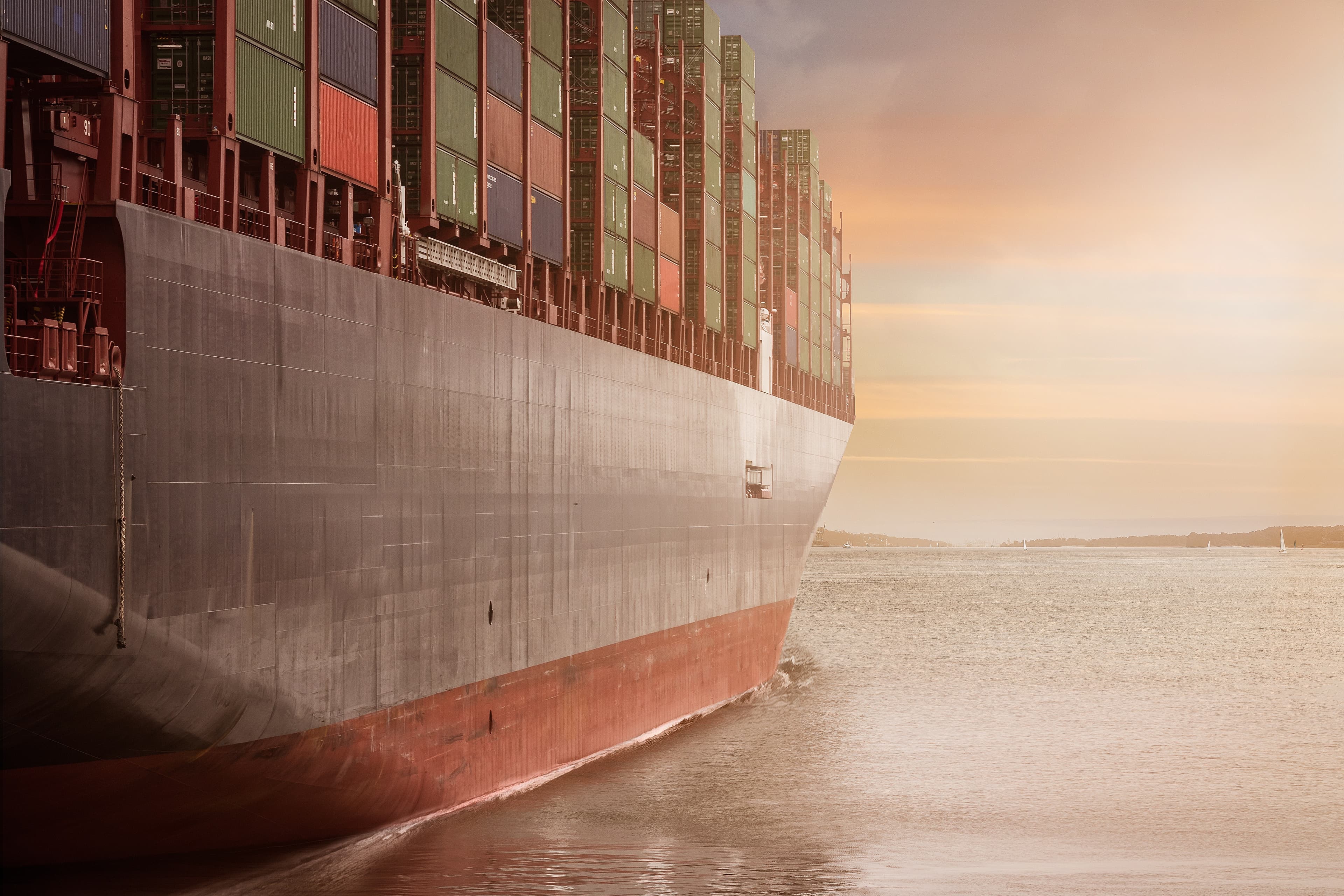Executive Summary
In an increasingly globalized economic landscape, companies must navigate complex supply chain ecosystems that span multiple jurisdictions, currencies, and regulatory frameworks. Operational excellence in supply chain management (SCM) is no longer a domestic affair but a global imperative. The aim of this article is to elucidate the intricacies involved in managing supply chains on a global scale, exemplifying challenges and presenting strategic imperatives for companies seeking to enhance performance and competitiveness.
Introduction: The New Paradigm
Globalization has redefined the scope and complexity of supply chain management. Beyond the conventional objective of optimizing sourcing, production, and distribution, companies now must manage geopolitical risks, regulatory compliance, and intricate logistics in a constantly shifting global landscape. Achieving supply chain excellence is not merely a function of operational efficiency, but a strategic necessity for sustaining competitiveness in global markets.
Risk Management: Geopolitical and Regulatory Concerns
Geopolitical Risks
Evolving political scenarios in trade partner countries can pose significant risks. For example, the ongoing trade tensions between the United States and China have led many companies to reconsider their dependency on Chinese manufacturing. Firms like Apple have started to explore diversification strategies such as shifting portions of their production to other Southeast Asian countries.
Regulatory Compliance
Operating in multiple countries requires compliance with diverse sets of regulations and standards, from labor laws to environmental regulations. Businesses like Amazon have faced legal challenges in European countries for alleged non-compliance with labor laws. Organizations must be equipped with robust compliance frameworks to mitigate such risks.
Operational Challenges and Solutions
Cross-Border Logistics
Shipping goods across borders adds layers of complexity, involving multiple modes of transport and potentially several intermediaries. FedEx, a global leader in logistics, employs advanced tracking and routing technologies to ensure that goods move efficiently through international checkpoints.
Currency Fluctuations
Companies dealing in multiple currencies must hedge against volatile exchange rates. Tesla, for instance, employs hedging strategies to protect against the volatility of currencies in countries where they operate.
Leveraging Technology for Supply Chain Excellence
Internet of Things (IoT)
Companies like Maersk are utilizing IoT technology to track and manage container shipments in real time. This data-driven approach improves transparency, minimizes delays, and enhances customer satisfaction.
Blockchain
Blockchain technology has shown promise in creating more transparent, secure, and efficient supply chains. Walmart has piloted blockchain projects to trace the origin of food products, contributing to safety and quality assurance.
Conclusion: Strategic Imperatives
Global supply chain management is a strategic undertaking that requires a holistic approach, encompassing risk management, operational efficiency, and technological innovation. As the business landscape continues to evolve, firms must remain agile and adaptable, ensuring their supply chain strategies are aligned with broader business objectives.
Mastering the complexities of global supply chain management is not an option—it's a business imperative for competitiveness in a globalized marketplace.
